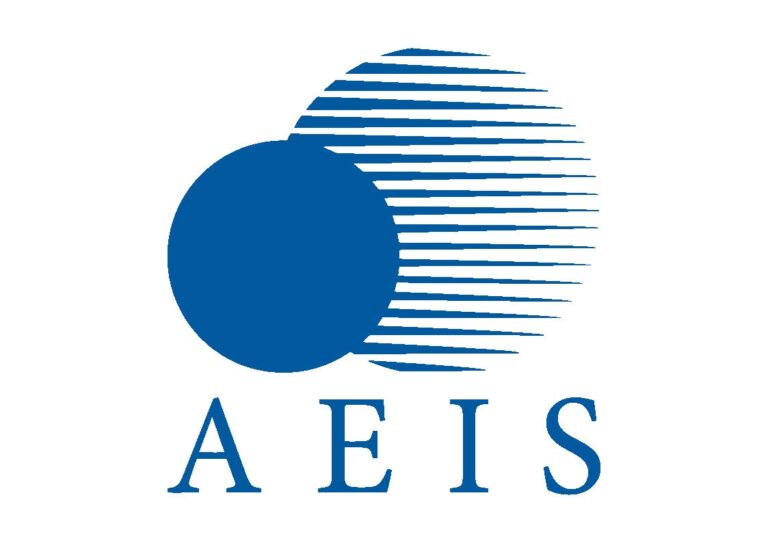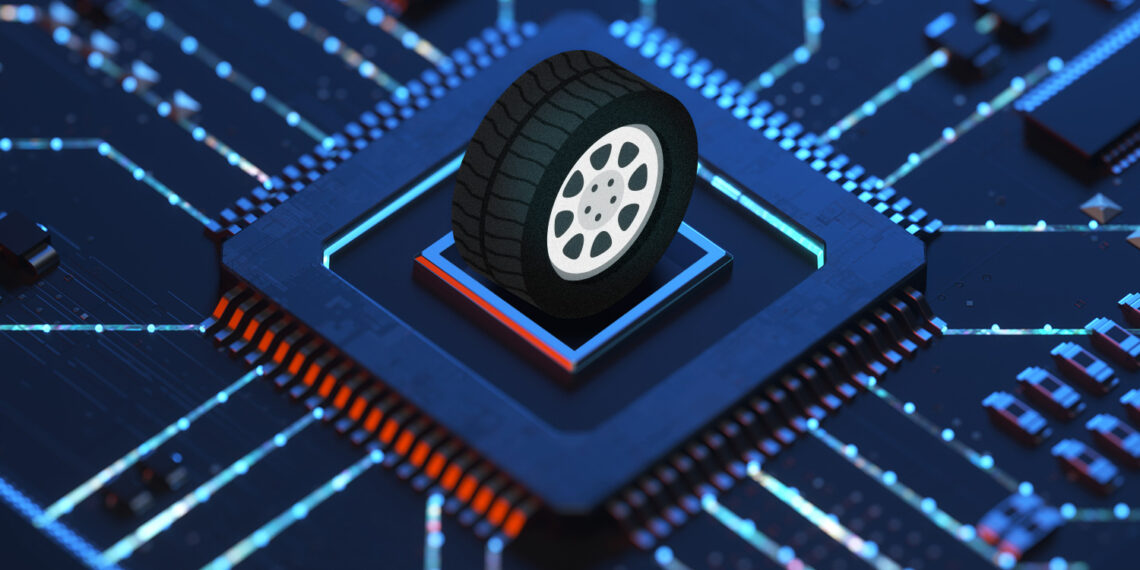As Malasiya fabrication plants were back to 100% in chip production in October, Morgan Stanley looks at the end to the automotive chip shortage in near future. It also stated that car production and cloud data centre server shipment should also increase in the near future.
Malaysian fab operations are returning to normal as the labour force in all fabs is now 100%.
Observing the memory chip industry chain, Morgan Stanley found that the demand for server shipments in Asia decreases. Server production improved in October as the restrictions on PMIC (Power Management IC) eased leading to the server foundry Q4 shipments to increase by 2% quarter-on-quarter, providing upside space for server DRAM (Dynamic Random Access Memory) shipments.
With these, the global car production will gradually be back to normal. According to CNN reports, German car manufacturer Volkswagen CEO Herbert Diess said the shortage of chips caused a substantial loss of profit in the third quarter. “We have better [chip] supply now and hopefully months after months we can increase.”
Toyota , a Japanese automotive manufacturer, also improves their production and may return to normal by December.
Morgan Stanley thinks with a change in inventory policy from “just in time” to “just in case” of automakers, automotive chips demand will be strong in the next couple of quarters. This demand depends on the usage of chips in electric vehicles and autonomous driving technology.
Some analysts believe a gap of 15% in production of cars and its chip revenue. According to Motorola, the actual car chip demand and supply should be sufficient unless the chips required for cars increase to a compound annual growth rate of more than 10% in 2021.
The revenue of car chips will slow down if the production of cars decreases, believes Morgan Stanley. Further it thinks that the car production should no longer be affected by chip shortages from December 2021. The analyst firm also believes that TSMC will accelerate the production of automotive microcontrollers by 60% in 2021.For Asian foundries, like TSMC and World Advance, orders may decline in 2022, as the automotive chip order-to-shipment ratio decline, which can be seen in Q4 2021.
It also states that the production of automotive microcontrollers will accelerates by 60% in 2021 by TSMC. However, for Asian foundries, such as TSMC and World Advanced, once the automotive chip order-to-shipment ratio (B/B value) begins to decline, foundry orders may fall in 2022. Some signs can be seen in Q4 this year.










